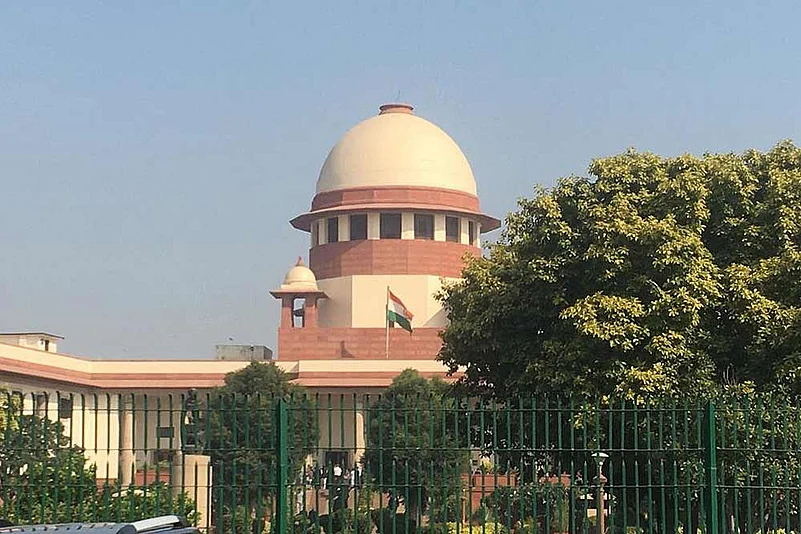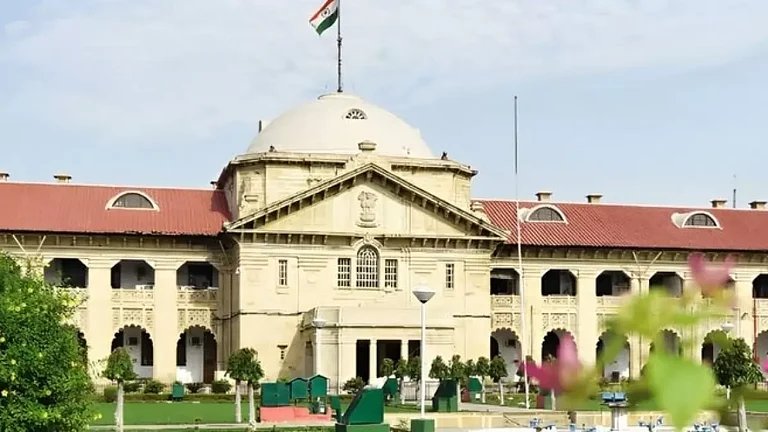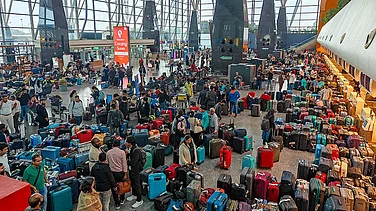
Summary of this article
Supreme Court urges High Courts to publish data on reserved and pronounced judgements.
Bench led by Justices Surya Kant and Joymalya Bagchi calls for greater judicial transparency.
High Courts asked to report mechanisms and timelines for uploading judgements online.
The Supreme Court on Wednesday (November 12, 2025) said High Courts should publicly disclose how long judges take to deliver and upload their judgements after reserving them, emphasising the need for greater transparency and accountability in the judicial system.
A Bench of Justices Surya Kant and Joymalya Bagchi made the observations while hearing a plea filed by four life convicts from Scheduled Tribes (ST) and Other Backward Classes (OBC) communities, who alleged that the Jharkhand High Court had not delivered verdicts in their criminal appeals despite reserving them two to three years ago, The Hindu reported.
The court noted that, although there are no statutory timelines for pronouncing judgements, the accepted judicial convention is to do so within a “reasonable time”, typically between two and six months after a case is reserved. In practice, however, judges in both the Supreme Court and the High Courts have often taken over a year, owing to heavy workloads or complex legal questions.
Justice Kant, who is the Chief Justice of India-designate, said reforms in judicial functioning should serve not only litigants but also public expectations. “Let everybody know how many judgments have been reserved by any judge and how many are pronounced; within how many days the judgments are made available in the public domain; and how many days High Courts actually take to upload judgments,” he said, according to The Hindu.
Justice Bagchi suggested that each High Court website should feature a dashboard showing details of reserved and pronounced judgements. “That will show the transparency and accountability of the judiciary to the people,” he remarked.
The Bench directed all State High Courts to submit reports outlining their current mechanisms for making public the dates of reservation and pronouncement of judgements, as well as the time taken to upload them online. The Supreme Court specifically sought data on judgements reserved after January 31, 2025, and those pronounced by October 31, 2025, including their publication dates on official websites.
The Bench further invited the High Courts to express their views on creating a uniform system for disclosing such information and to candidly indicate any potential difficulties or adverse consequences of doing so.
“Our intention is not to act as a school principal and monitor everything, but there should be broad guidelines. Judges should know the task before them,” the Bench had earlier observed in a September hearing, The Hindu reported.
With inputs from The Hindu)






















